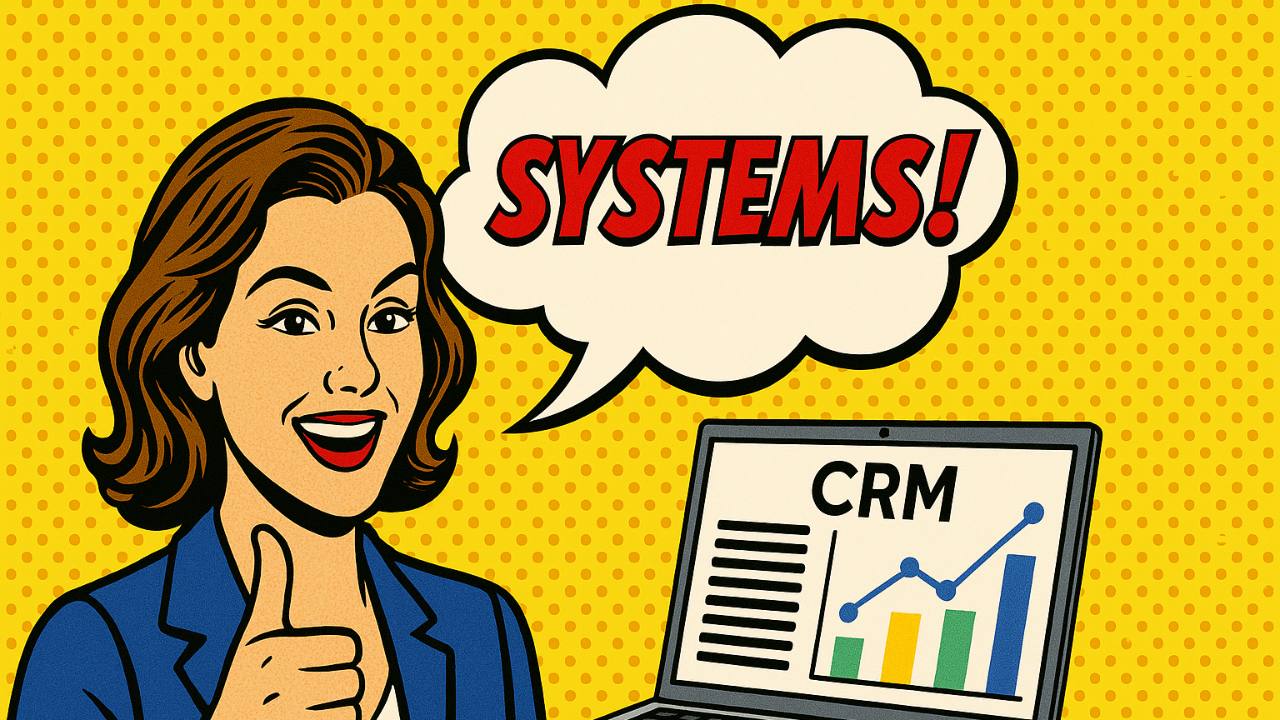The Roadmap Navigator 1.13.25

Mindset:
Wildfires and the Real Estate Market: A Tale of Two Forces
Natural disasters like our current and tragic LA wildfires, beyond the utmost important human toll, have a dual impact on the real estate market, marked by declines in some areas and temporary booms in others. Understanding these contrasting dynamics is key to navigating and thriving in a post-disaster housing landscape. Here’s a closer look at how the market experiences contraction and expansion simultaneously.
The Downward Pull: Risk, Flight, and Depreciation
Wildfires leave a lasting imprint on affected areas, creating challenges for sellers, buyers, and the broader market.
1. Perception of Risk
Homes in wildfire-prone zones are often seen as high-risk investments. Buyers may avoid these areas altogether, fearing the potential loss of property, higher insurance costs, or emotional toll from future disasters. This sentiment reduces demand and leaves properties languishing on the market.
2. Flight to Safer Communities
Current residents, shaken by the disaster or weary of repeated fire seasons, often choose to relocate permanently. This “flight” not only depresses local demand but also drains the area of community cohesion, making recovery efforts harder and further dampening market recovery.
3. Depreciation of Property Values
Homes in wildfire-impacted regions frequently experience sharp declines in value, especially if they sustained damage or are perceived as vulnerable to future fires. Even well-maintained properties may face difficulty recovering their pre-disaster valuations due to lingering stigma.
The Upward Push: Temporary Housing, Relocation, and Ripple Effect Pricing
While some areas face demand challenges, others experience a surge in activity due to displaced populations and market adjustments.
1. Temporary Housing Demand
In the aftermath of a wildfire, displaced residents flood nearby markets searching for temporary housing. Rental properties, short-term leases, and hotel alternatives experience a sudden boom, often driving up rental rates and reducing inventory for longer-term renters.
2. Permanent Relocation
Many evacuees eventually decide to resettle permanently in safer locations, especially if their homes are destroyed or if they’ve experienced multiple evacuation events. This influx creates heightened demand in adjacent cities or regions perceived as less risky, often triggering competitive buying activity.
3. Ripple Effect on Pricing
Increased demand in safer areas often causes housing prices and rents to climb rapidly. This ripple effect benefits property owners and sellers in these locations but can also price out local buyers, shifting affordability dynamics and creating new market tensions.
Comparing the Dynamics: A Push-Pull Market
Risk Perception
• Declining Demand Areas: Avoidance of high-risk wildfire zones
• Surge Demand Areas: Preference for safer, resilient communities
Property Values
• Declining Demand Areas: Depreciation due to stigma and damage
• Surge Demand Areas: Appreciation from increased competition
Population Movement
• Declining Demand Areas: Flight of residents to safer areas
• Surge Demand Areas: Influx of displaced individuals and families
Market Inventory
• Declining Demand Areas: Surplus of unsold properties
• Surge Demand Areas: Scarcity of available homes and rentals
Insurance Costs
• Declining Demand Areas: Rising premiums or loss of coverage deterring buyers
• Surge Demand Areas: Stable or lower premiums encouraging activity
The Balancing Act for Real Estate Professionals
Navigating these opposing forces requires a nuanced approach:
• In Declining Markets: Focus on rebuilding efforts, emphasize fire-resilient upgrades, and educate buyers on available insurance and safety measures. Offer creative pricing strategies to attract risk-tolerant investors.
• In Surge Markets: Highlight community strengths and long-term potential. Assist clients in navigating competitive environments, from securing financing to making strong offers.
Long-Term Implications
While the immediate aftermath of these wildfires creates market turbulence, long-term resilience depends on LA's adaptation. Areas that invest in wildfire mitigation measures—such as defensible space landscaping, building codes, and evacuation planning—can stabilize over time. Real estate agents who understand and address both the challenges of declining markets and the (unfortunate but unavoidable) opportunities in surging ones will be well-positioned to serve their clients and grow their businesses in this tragic and dynamic environment.
Mindset:
“A flower does not think of competing with the flower next to it. It just blooms.” — Sensei Ogui
Mastery This Week:
Audience Targeting Techniques: Reaching the Right People with Precision
In real estate marketing, reaching the right audience is essential for turning ads into quality leads. Casting a wide net may generate traffic, but it often results in lower conversion rates and a diluted message. By targeting specific audiences with precision, agents can ensure their ads reach the people who are most likely to take action—whether that’s booking a consultation, attending an open house, or simply inquiring about a property. Read More...

Author Mark Hughes




Responses